California has earned its reputation as the left-wing bastion of America. Having voted for the Democratic nominee in every presidential election since 1992, the California Democratic Party now holds the governorship and supermajorities in both chambers of the state legislature. Such control would make one assume that California is a liberal haven, the product of what unilateral Democratic control looks like. And while California does have many of these policies — be it higher taxes, higher-paid teachers, or relaxed drug enforcement, it also has many issues. Some are common in high-population states, but some are unique to California and pose complex questions about the true motives of its supposedly liberal residents.
Public transit in California is of special concern. San Diego’s MTS and the Bay Area’s BART are used by many, but compared to most east coast cities the lack of public transportation — especially extending into suburban areas — is shocking. Metro systems on the west coast are expanding, but their breadth and usage still falls short of many of their east coast counterparts. Perhaps the biggest tragedy is the lack of a direct connection between Los Angeles and San Francisco by train. The proposed high speed rail has fallen flat due to staunch opposition from Republicans and some Democrats, a disappointing outcome that keeps cars on the road. But aside from government inefficiency, it is the fact that a sizable number of people in the state are staunchly opposed to public transit on principle that has stymied the project. Take some of the students here at UC San Diego, a rather liberal school, which makes it a likely venue for strong support of the new trolley system running through the La Jolla area. Despite this, excessive fear mongering is taking place regarding safety. While it is true that public transit can lead to crime, this sort of messaging can reduce ridership and make it even more unsafe for those who need to take it regardless, such as students without cars living off campus. MTS has also responded by increasing police patrols on the service, and crime has fallen since.
The trolley and bus systems run by San Diego MTS also reduce emissions and are a real, tangible way for students to contribute to fighting the climate crisis, the supposed top concern of people our age. Fighting climate change requires some sacrifice, and eschewing cars and riding public transit is a step in the right direction, especially if it can convince others to do so to alleviate safety concerns. This comes with the benefit of affordability — public transit costs significantly less than owning and servicing a car. On a student budget, every such penny counts.
Much of this has to do with a “not in my backyard,” or NIMBY problem that seems to plague many progressives in America, but is particularly noticeable in California. Renting in San Francisco is 94% more expensive than the rest of the country, and building more affordable housing is a clear solution to at least part of that problem. But the attitudes of San Francisco residents prevent this. A study found that “even in highly diverse communities, development meetings are dominated by whites who oppose new housing.” Residents shot down projects for claims such as that converting a parking lot into a building would “increase traffic.” Really, this is all a thinly veiled attempt to prevent the “wrong people” from moving into more expensive San Francisco neighborhoods and “bring down property values.”
NIMBY attitudes are not unique to California, but are especially disappointing considering the strong activist nature of the state. But these beliefs have led to the rise of so called YIMBYs (“yes in my backyard”). Such activists are attending community meetings, running for local office, and pushing for change to make the golden state more affordable and welcome for all. If more can follow their lead, then this goal will be well within reach. Californians must put aside personal biases and look at the bigger picture — more transit and more housing will lower the overall cost of living and make all lives in this state better.
Infographic courtesy of Wikimedia Commons and the Federal Reserve Bank of St. Louis



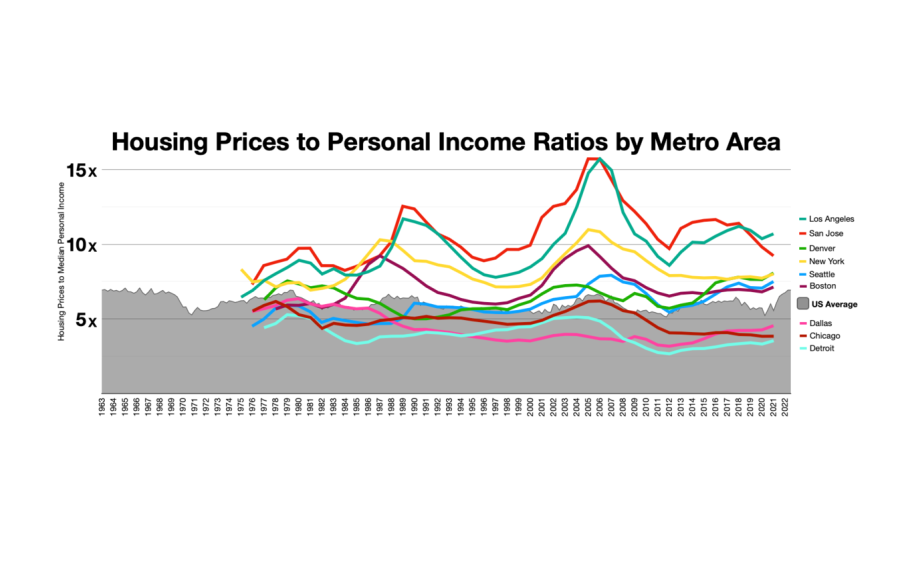








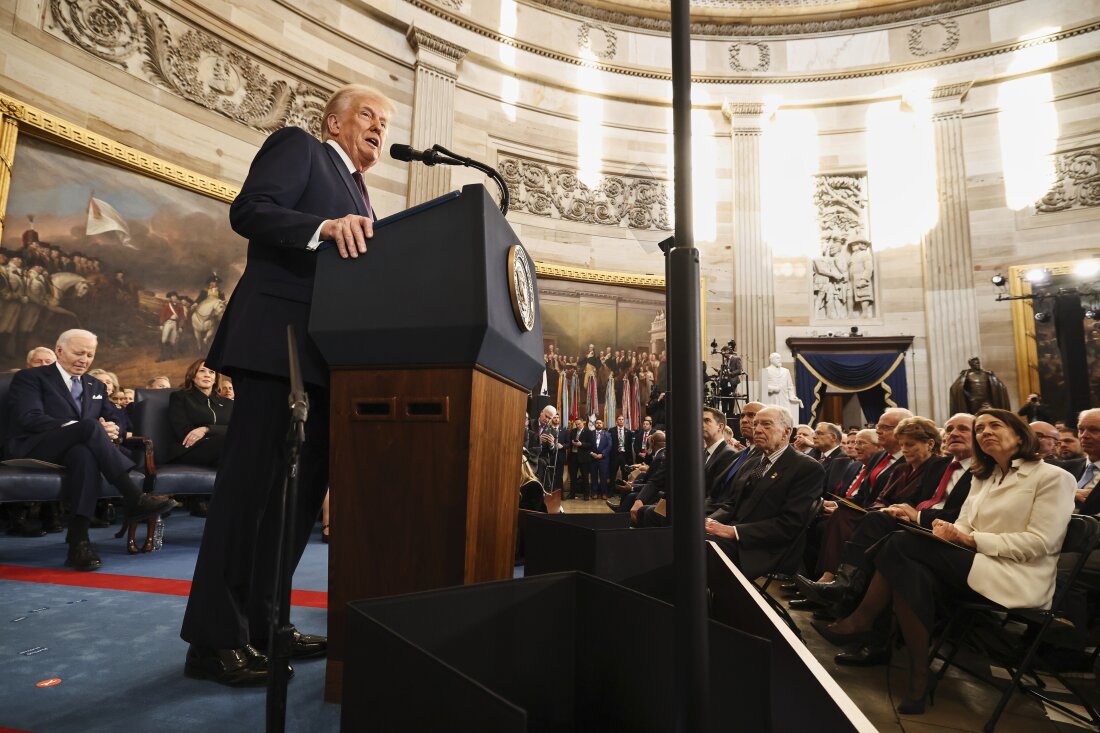
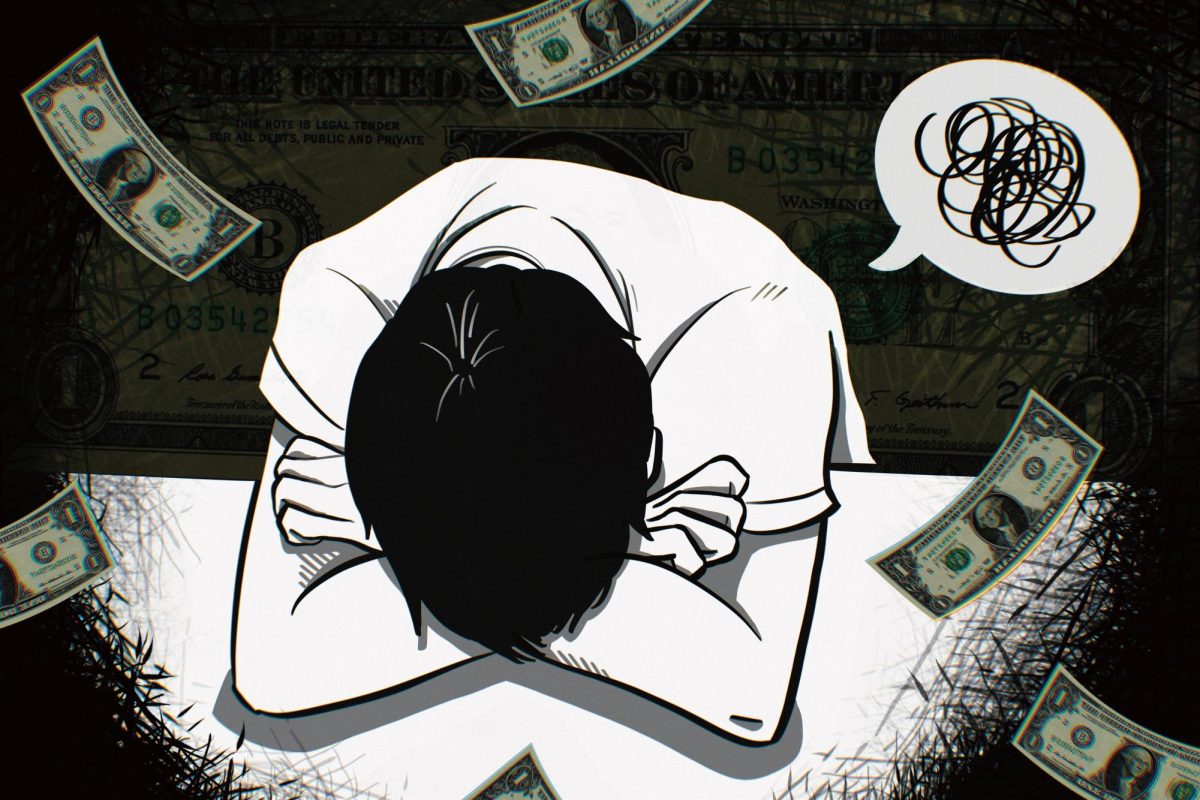

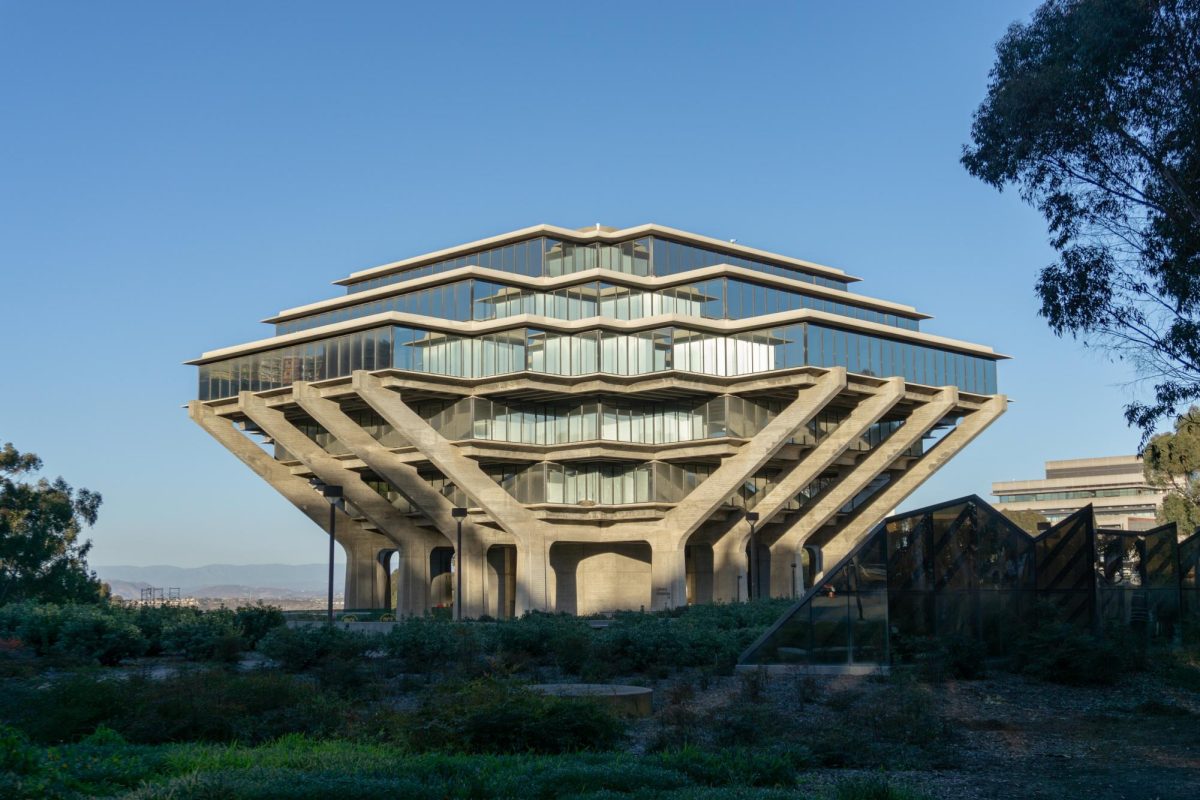
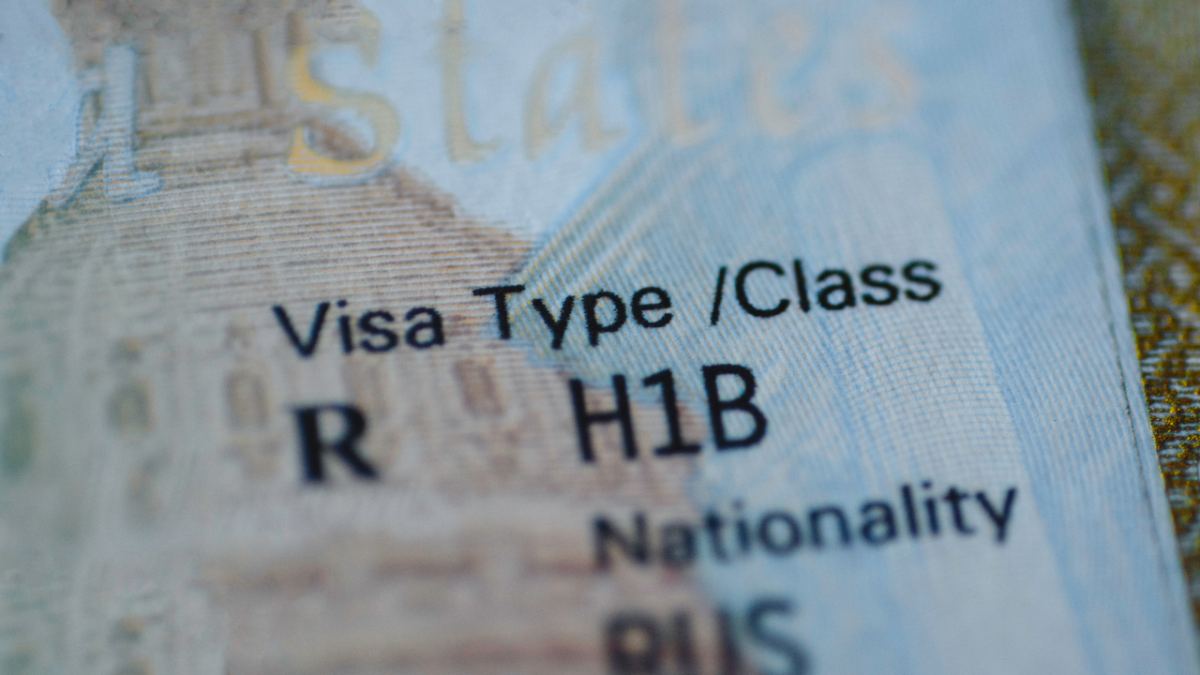





Vampire Survivors • Feb 14, 2023 at 8:07 pm
Personally, I think the article is quite good, you should pay more attention to the content
Angel Barker • Jan 18, 2023 at 1:06 am
Great article, Mike. I appreciate your work, I am now making over $15k every month just by doing an easy lok j0b 0nline! I KNOW YOU NOW MAKIG MORE DOLLARS online from $28 k I,TS EASY ONLINE WORKING JOBS…
Just copy and paste………………. https://xurl.es/j6ks0
eva • Jan 17, 2023 at 11:36 am
I earn over $29,000 a month working part-time. It’s still challenging to estimate, as I listened to a variety of people explain to me how much money they would fairly anticipate to va60 make online. It did all turn out to be real, and it dramatically changed my life. Everyone should immediately use this website to Try their hand
.
.
At this job————————————>>> GOOGLE WORK
Alan Miller • Jan 17, 2023 at 2:57 am
This is one of the worst written, most ill-thought-out and most illogical articles I have ever read.